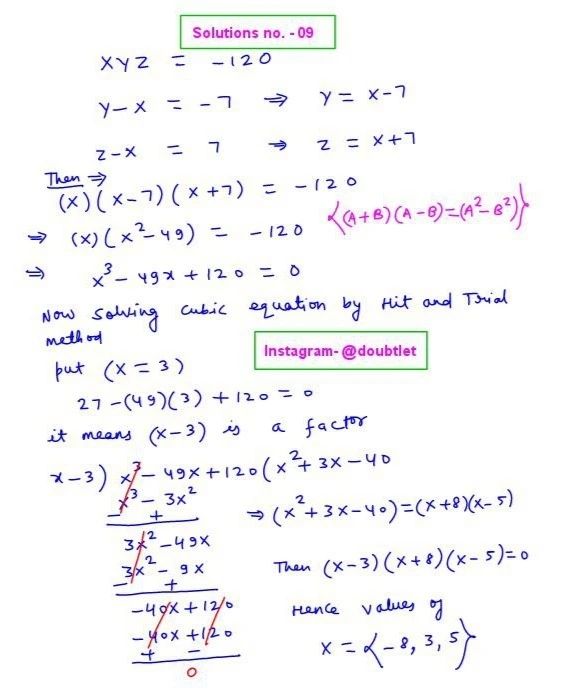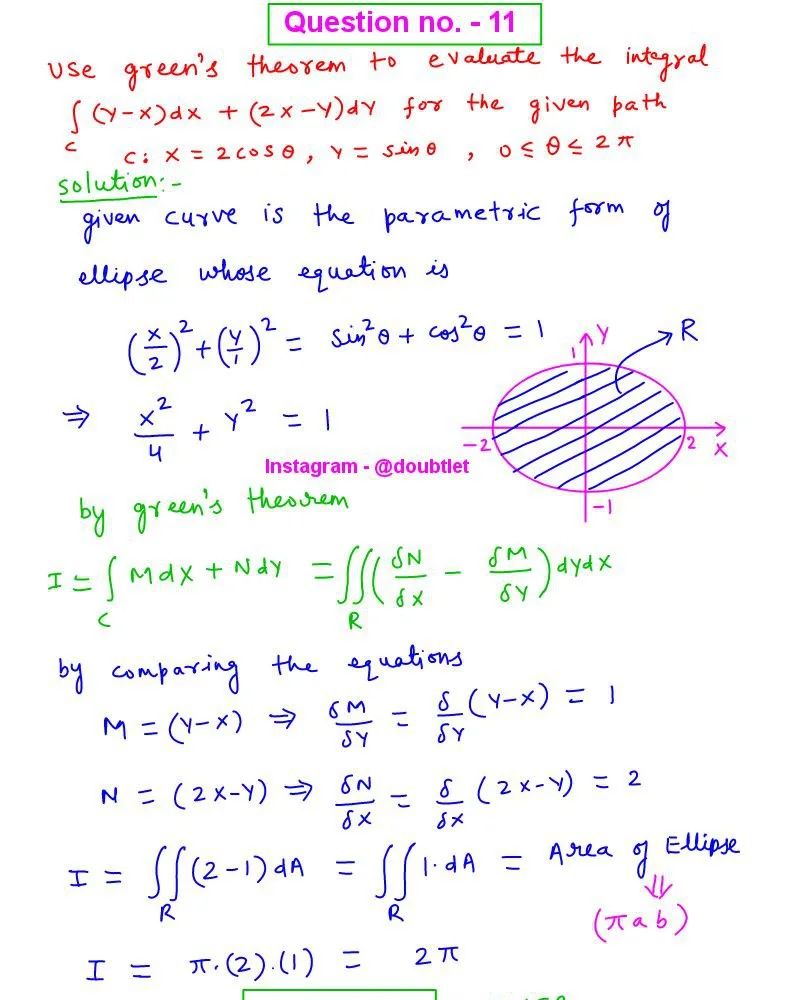









Area of Regular Hexagon calculator
This calculator will help you to calculate the Area of a Regular Hexagon with the steps shown.Related Calculators:Area of Regular Pentagon Calculator
Loading...
Area of a trapezium
Area of a triangle
Area of the triangle (Heron's)
Area of a parallelogram
Area of a rhombus
Area of an Ellipse
- 1. Introduction to the Area of regular Hexagon calculator
- 2. What is the Formulae used ?
- 3. How do I find the Area of a Regular Hexagon?
- 4. Why choose our Area of regular Hexagon Calculator?
- 5. A Video for explaining this concept
- 6. How to use this calculator ?
- 7. Solved Examples
- 8. Frequently Asked Questions (FAQs)
- 9. What are the real-life applications?
- 10. Conclusion
1. Introduction to the Area of regular Hexagon
Here, we embark on a mathematical journey into regular hexagons, uncovering the secrets behind calculating their area. Whether you're a student exploring geometry or someone curious about the elegance of shapes, this guide is tailored just for you. Join us as we explore the simplicity and significance of calculating the area of regular hexagons.
A regular hexagon is a six-sided polygon with equal sides and angles. Its symmetrical design and unique properties make it an intriguing geometric figure. Calculating the area of a regular hexagon involves understanding its structure and utilizing a formula that captures its essence.
2. What is the Formulae used?
The formula to find the Area of regular Hexagon is given by:
, Where
A is the Area of the regular Hexagon.
'a' is the side of the regular Hexagon.
3. How do I calculate the Area of a regular Hexagon?
The following steps can be followed to find the Area of the Regular Hexagon:
To calculate the Area of a regular Hexagon, you need to know the length of one of its sides (a).
The regularity of the Hexagon ensures that all sides are equal, simplifying the Area calculation.
Then, put the value of the side of the Hexagon in the formula below.
4. Why choose our Area of regular Hexagon Calculator?
Our calculator page provides a user-friendly interface that makes it accessible to both students and professionals. You can quickly input your square matrix and obtain the matrix of minors within a fraction of a second.
Our calculator saves you valuable time and effort. You no longer need to manually calculate each cofactor, making complex matrix operations more efficient.
Our calculator ensures accurate results by performing calculations based on established mathematical formulas and algorithms. It eliminates the possibility of human error associated with manual calculations.
Our calculator can handle all input values like integers, fractions, or any real number.
Alongside this calculator, our website offers additional calculators related to Pre-algebra, Algebra, Precalculus, Calculus, Coordinate geometry, Linear algebra, Chemistry, Physics, and various algebraic operations. These calculators can further enhance your understanding and proficiency.
5. A video based on the concept of how to find the Area of regular hexagons.
6. How to use this calculator
This calculator will help you find the area of regular hexagons.
In the given input boxes, you must put the value of the measure of one of its sides (a) of the regular Hexagon.
After clicking on the Calculate button, a step-by-step solution will be displayed on the screen.
You can access, download, and share the solution.
7. Solved Example
Consider a regular Hexagon with a side length of 8 cm. Calculate its Area.
Given a=8 cm
= 96 square cm
8. Frequently Asked Questions (FAQs)
Can I use the same formula for any hexagon?
No, the formula is specific to regular hexagons with equal sides.
Why does the formula involve ?
The presence of in the formula is a geometric constant that arises from the properties of regular hexagons.
What if I only know the apothem of the hexagon?
The formula can be adapted to use the apothem (a) with perimeter A= .
Can a hexagon with unequal sides still be regular?
No, a regular hexagon, by definition, has all sides equal. If the sides are unequal, it is an irregular hexagon.
Is there a general method for finding the area of any polygon?
While each polygon has its formula, the general approach involves breaking it down into familiar shapes and calculating their areas.
9. What are the real-life applications?
Understanding the area of regular hexagons has practical applications in various fields. Honeycombs, for example, feature hexagonal cells, and calculating their area helps understand resource optimization. Engineers may encounter hexagonal structures in design, where area calculations are crucial for material estimates.
10. Conclusion
In conclusion, the ability to calculate the area of a regular hexagon is a valuable skill with broad applications. As you navigate the geometric landscape of hexagons, may this guide serve as a beacon, illuminating the path to a deeper understanding of this fundamental concept. Happy calculating!
This blog is written by Neetesh Kumar
If you have any suggestions regarding the improvement of the content of this page, please write to me at My Official Email Address: doubt@doubtlet.com
Are you Stuck on homework, assignments, projects, quizzes, labs, midterms, or exams?
To get connected to our tutors in real-time. Sign up and get registered with us.
Comments(0)













Leave a comment